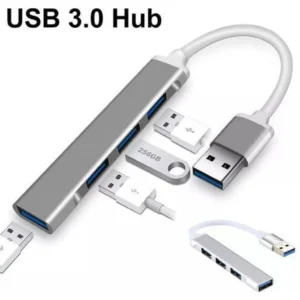As the countdown begins to a potential TikTok ban in the United States, with just 6 days remaining until the January 19 deadline, the implications of this decision resonate globally, including in Uganda. With 170 million American users anxiously awaiting the outcome, the mood surrounding TikTok’s arguments for a stay appears increasingly unfavorable. Should the ban proceed, users are advised to delete the app from their devices to avoid serious consequences.
What Happens When the Ban Starts?
If the U.S. Supreme Court upholds the ban, Apple and Google are expected to remove TikTok from their app stores immediately. This action would prevent new users from downloading the app and would also restrict existing users from receiving crucial updates that enhance security and functionality.
Ad: Check Out Our Products
Unlike other countries that have enacted similar bans, it is unlikely that traffic will be blocked entirely; however, users may resort to Virtual Private Networks (VPNs) to access TikTok, though this will not resolve issues related to app updates. ESET’s Jake Moore emphasizes that even if users manage to access TikTok through a VPN, they will not receive updates or support from Apple and Google due to their original country settings. This could lead to significant security vulnerabilities over time as outdated versions of the app become susceptible to exploitation by cybercriminals.
User Data Concerns
The looming ban raises critical questions about user data security. TikTok captures extensive information from its users, including location data and browsing histories. There are growing concerns that this data could be accessed by the Chinese government, which has fueled calls for a ban in the U.S. The apprehension surrounding data privacy is not limited to American users; it also extends to Ugandans who use TikTok as a platform for creative expression and business opportunities.
Implications for Uganda
In Uganda, where social media platforms like TikTok have gained immense popularity among youth and content creators, the potential U.S. ban highlights broader issues of digital sovereignty and user privacy. As Ugandans increasingly rely on platforms like TikTok for income generation and social engagement, any developments regarding its operational status in major markets like the U.S. could influence local perceptions of data security and privacy. Should TikTok be banned in the U.S., Ugandan users might experience an influx of discussions around data protection laws and how they can safeguard their information on social media platforms. Additionally, content creators in Uganda may need to diversify their presence across other platforms if TikTok’s functionality diminishes due to lack of updates and support.
Ad: Enroll for any of our programs
Conclusion
The fate of TikTok in the United States is still uncertain as legal battles continue; however, its potential ban serves as a cautionary tale regarding data privacy and national security that resonates far beyond American borders. For Ugandan users and content creators, this situation underscores the importance of being vigilant about personal data security while navigating an evolving digital landscape. As discussions around user rights and platform governance gain momentum globally, it becomes imperative for all users—whether in Uganda or elsewhere—to prioritize their digital safety amidst changing regulatory environments.















